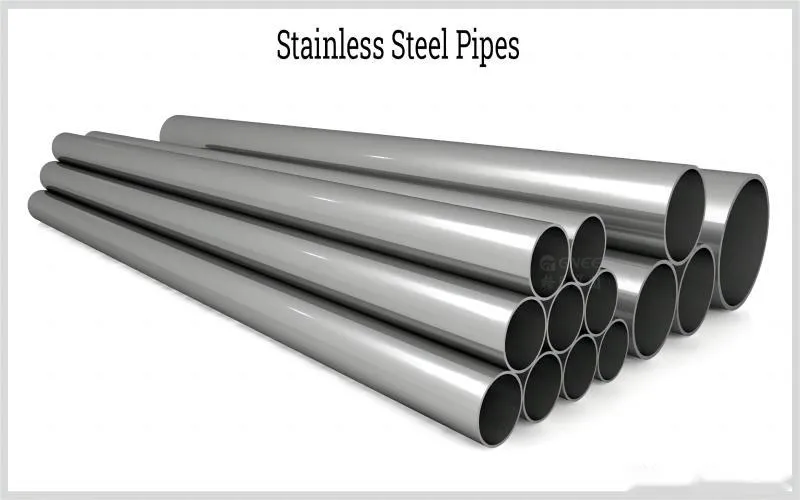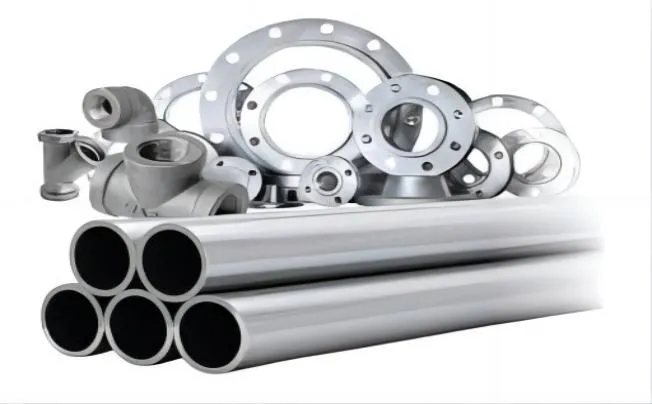What Is a Flange Pipe?
A flange pipe is a type of pipe fitting that joins two pipes or valves. It is frequently utilized in many different industries, such as infrastructure, water, and oil and gas. Flanges come in a variety of forms, including welding, blind, threaded, and others, and are intended to offer a secure, leak-proof connection between two pipes or between a pipe and a valve. A variety of materials, such as forged steel, stainless steel, alloy steel, copper alloys, and specialty alloys, can be used to make flanges. Typically, they are bolted or welded to the pipe. Because they make it simple to install, maintain, and remove pipes and valves, flanged pipes are a crucial part of plumbing systems.
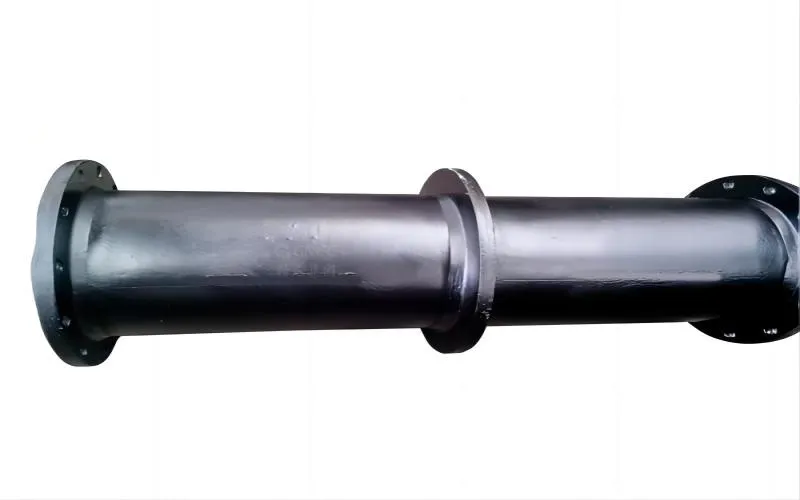
What Is Pipe Flanges’ Primary Purpose?
Flange pipes are mostly used to join two distinct pipes or pieces of machinery. Though some are constructed of wood, flanges are primarily composed of plastic or metal. These flat pieces allow pipes or equipment to be linked together by attaching to the ends of one pipe or piece of equipment and the other.
Flanges come in two primary varieties: welded flanges and sliding sleeve flanges. While welded flanges need to be welded to the pipe before being bolted, sliding sleeve flanges are simply bolted to the pipe’s end. Whereas welding flanges lack a center opening because welding them together weakens the construction, slip-on flanges feature one to make installation easier.
Pipe flanges are used to join pipes in plumbing systems. Typically, they are composed of steel, bronze, cast iron, or other malleable metals.
A piping system can be created by fastening flanges together. The majority of flanges feature two different kinds of bolts: sealing and tensioning. The first kind is referred to as a “gland bolt” and works by compressing the gasket between two flanges to seal the joint. The purpose of the second kind of bolts, known as “reinforcement bolts,” is to secure the flange and prevent excessive vibration when pressure is applied.
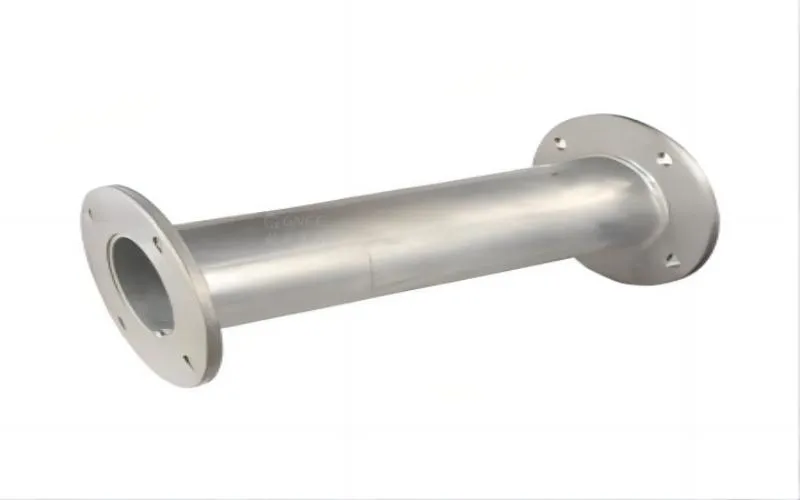
What Is a Stainless Steel Pipe?
A type of pipe known as stainless steel pipe is composed of stainless steel, an alloy with a high chromium content that resists corrosion. It is frequently utilized in many different industries, such as manufacturing, plumbing, and building. Because of its strength, resilience to corrosion, and longevity, stainless steel pipes are ideal for a variety of uses.
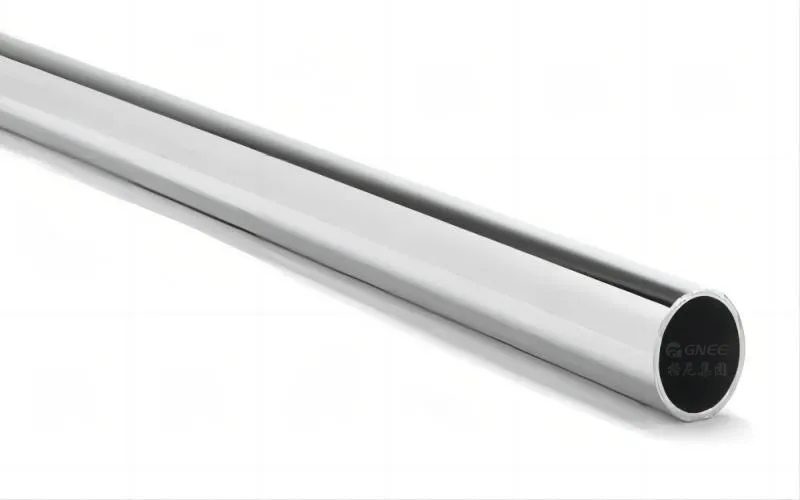
What Is the Difference Between Stainless Steel Pipe and Flange Pipe?
Stainless Steel Pipe
A tubular structure composed of stainless steel, an alloy that resists corrosion and has a high chromium content, is known as a stainless steel pipe.
Stainless steel pipes are used to transfer fluids and gases in a range of industries, including manufacturing, pipeline, and construction. These pipes are renowned for their strength, resilience to corrosion, and longevity.
To satisfy particular needs, stainless steel pipes are offered in a variety of diameters, grades, and specifications. There are several ways to connect them, including welding, threading, and using pipe fittings.
Flange Pipes
Pipes with flanges are referred to as flange pipes.
A flange is a disc-shaped piece of equipment used to join pipes, valves, and other equipment together. It has a flat or raised surface. Flanges are simple to install, remove, and maintain and offer a secure, leak-free connection between pipes.
When piping systems need to be assembled and disassembled frequently, like in industrial operations or applications involving the transfer of fluids or gases, flanged piping is usually utilized.
There are several different kinds of flanges, including threaded, butt-welded, slip-on, and socket-welded flanges. Stainless steel, carbon steel, and alloy steel are the most common materials used to make flanges.
How Should a Pipe Flange Be Selected?
You should take some things into account when selecting a pipe flange.
1. Size: Flanges are available in a variety of forms and sizes, including square and round. The pipe’s diameter determines the flange’s size. To select the appropriate flange for your application, you must be aware of the precise dimensions of your pipe because pipe flanges are available in a wide range of sizes. The flange channel’s width is determined by the pipe’s diameter.
2. Materials: A variety of materials are used to make flanges, such as plastic, brass, aluminum, malleable iron, and stainless steel. Brass is typically only used for aesthetic purposes; malleable iron is usually used for low-pressure applications; cast iron is used for high-pressure applications; aluminum is used in corrosive environments; and plastic and stainless steel are both good at preventing corrosion at low pressures and temperatures up to 600 degrees Fahrenheit. Excellent resistance to corrosion, although not in situations with high pressure or extended exposure.
3. Design: Different designs, such as threaded joints or slip joints (also known as slip joint joints), have an impact on how a flange fits into a pipe junction.
